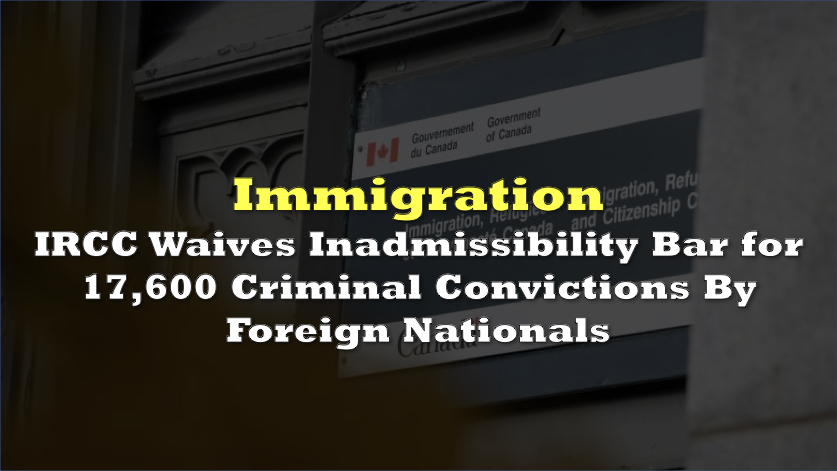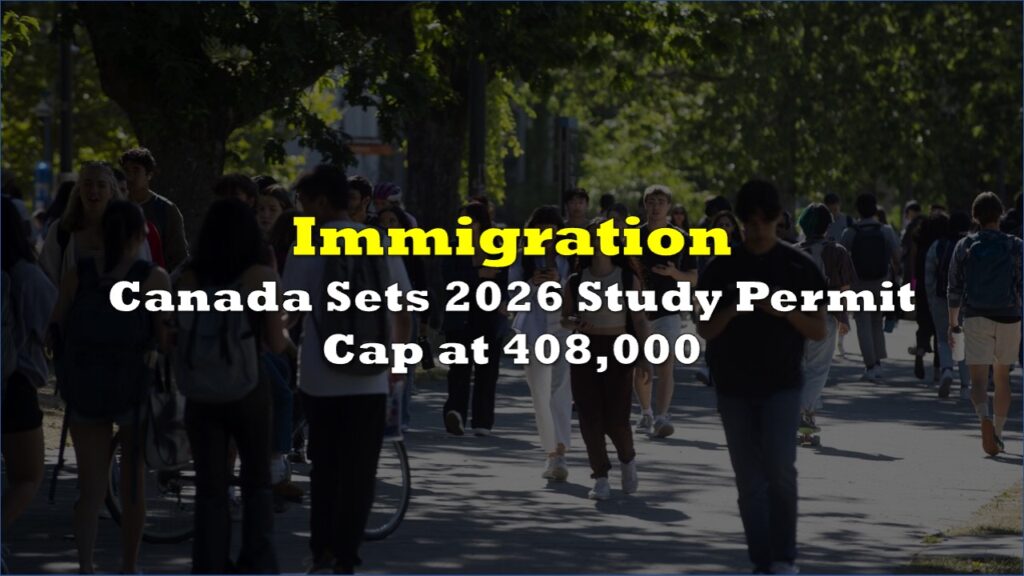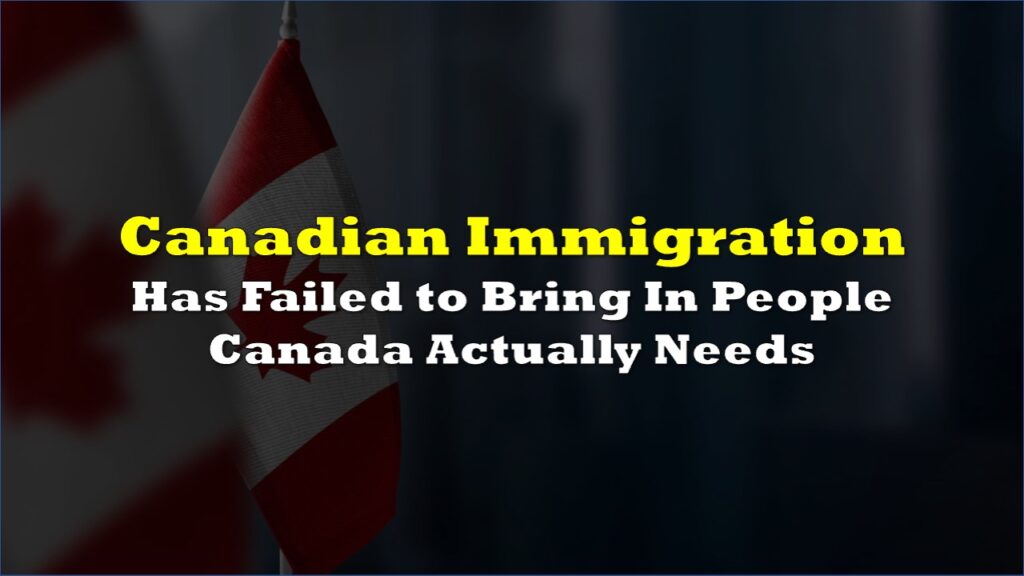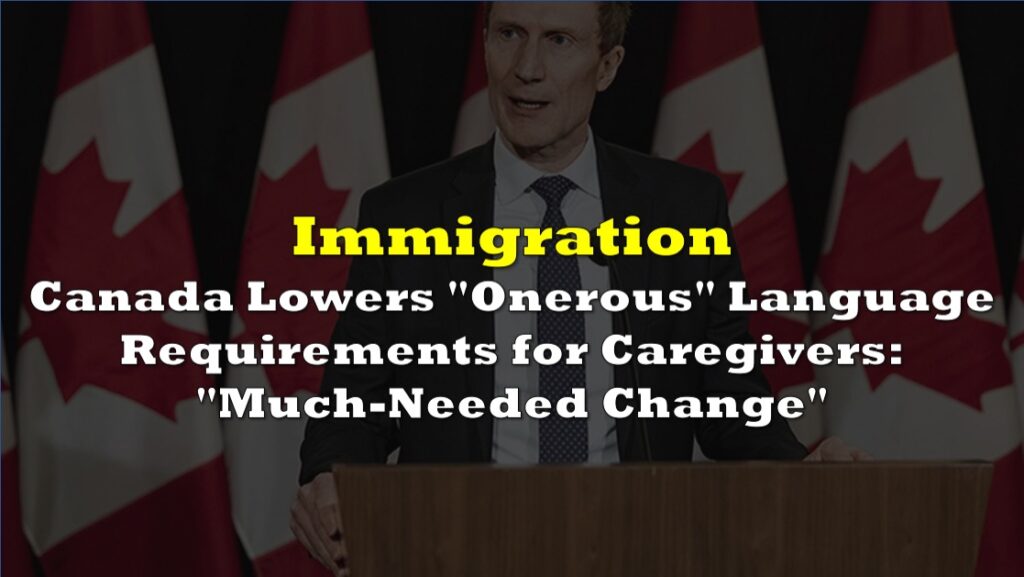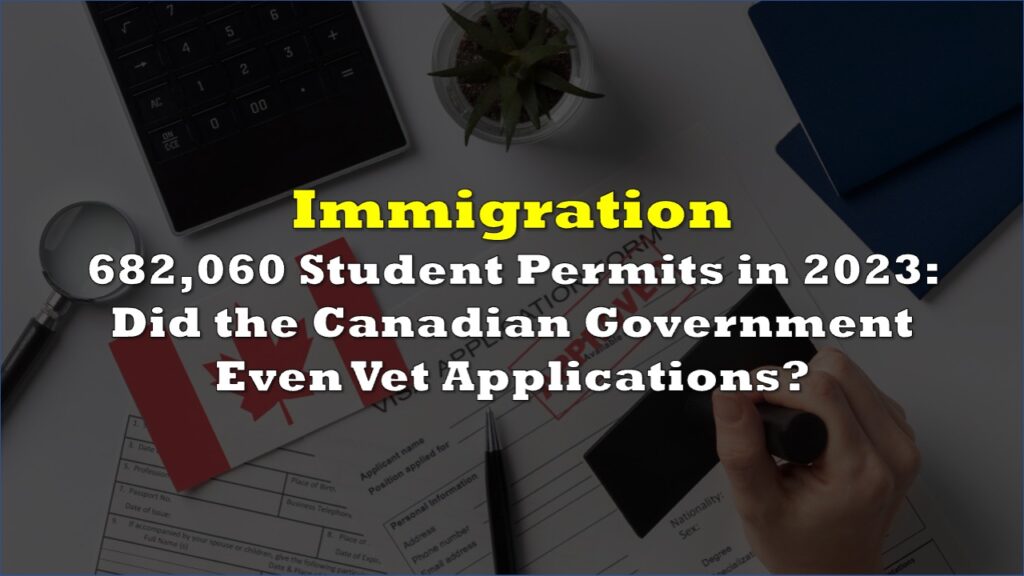Ottawa is effectively removing the inadmissibility bar for 17,600 criminal convictions held by foreign nationals since 2014, effectively clearing their path into Canada. The program, run by Immigration, Refugees and Citizenship Canada, labels each successful applicant as “rehabilitated” once five years have passed since conviction or sentence completion.
“The decision to approve or refuse… is generally made by an IRCC official,” IRCC spokesperson Nancy Caron confirmed, adding that only the most serious cases reach the minister’s desk.
Last year alone, IRCC approved 1,390 forgiveness applications and rejected 105. In 2023, it approved 1,505 and refused 70. The department has not disclosed which crimes were wiped clean.
The rules demand that applicants show they are unlikely to reoffend. Officers review the circumstances, number, and seriousness of each crime, plus the support network available in Canada. Yet without a breakdown of offenses—violent, non-violent, political, or otherwise—Canadians cannot assess the risk-reward equation their government has chosen.
“If the public is going to have any confidence in the immigration system’s vetting process, we need to know what we’re forgiving,” Conservative MP Michelle Rempel Garner warned.
Liberals had two choices:
— HoCStaffer (@HoCStaffer) July 2, 2025
Deport foreigners with criminal convictions.
Or
Forgive criminal convictions & allow them to stay.
Guess which option they chose? https://t.co/vZntJ553PQ
Immigration lawyer Richard Kurland calls for daylight. Minor infractions from authoritarian states may deserve clemency, he concedes, but “crimes against the person,” such as sexual or domestic violence, should trigger heightened scrutiny.
“If they enter Canada and cannot be removed for a considerable period of time, people could be at risk,” he cautioned.
IRCC insists rehabilitation is only one hurdle; applicants must still meet all other entry requirements. Yet the department’s own numbers show a 13-to-1 approval ratio over the past two years.
The timing comes as the US is fast-tracking deportations of migrants with criminal records. Its Supreme Court just green-lit sending those individuals to third countries. Canada, meanwhile, appears eager to serve as a convenient Plan B.
Information for this story was found via The Globe And Mail, and the sources and companies mentioned. The author has no securities or affiliations related to the organizations discussed. Not a recommendation to buy or sell. Always do additional research and consult a professional before purchasing a security. The author holds no licenses.

